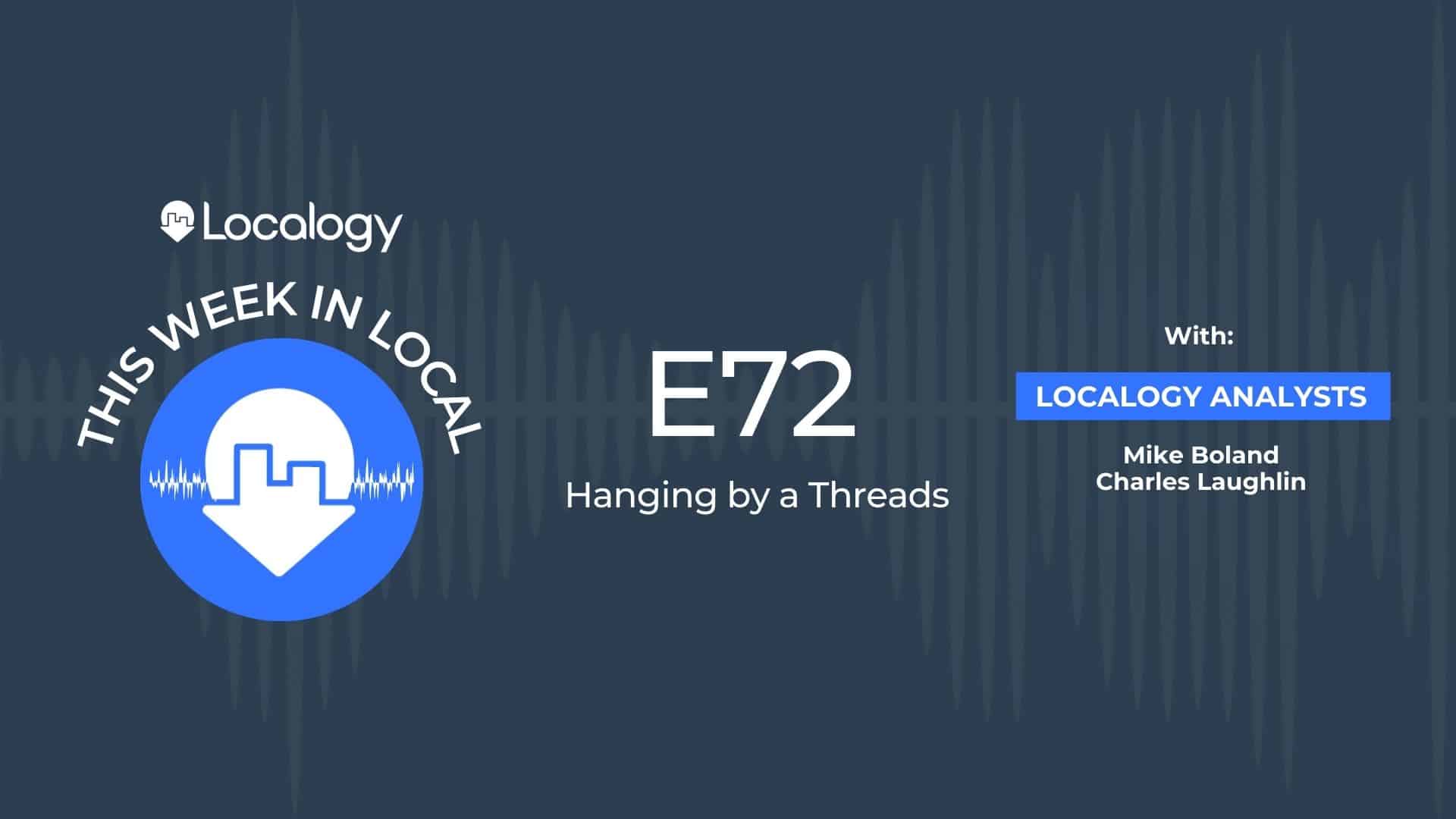The current pullback in venture funding in the face of rising interest rates (and general uncertainty) is hitting some sectors harder than others.
If your sector is characterized by sky-high burn rates, excessive competition, and elusive profitability, then you’re probably feeling the squeeze more than others right now. Enter the quick commerce industry. This sector where companies compete for the fastest delivery times on a six-pack and a bag of chips is having its turn in the barrel.
It’s a space that has been hoovering up cash. Companies with names like Gorillas, Getir, GoPuff, and others have raced frantically to achieve scale through market expansion. However, each new market requires massive investment. And as competition intensified, quick commerce players scrambled to build more micro warehouses (aka dark stores) so they could offer ever-quicker delivery times.
These same companies, facing inflation, rising costs, and the end of easy money, are now shaking things up in order to survive and convince investors of their viability. Funding rounds are drying up. And when funding is available, it’s coming with more strings. Layoffs, consolidation, market pullbacks. It’s all in there.
The precarious nature of the quick commerce space was evident well before the current correction. We wrote the following back in August 2021.
Food delivery, particularly in big European cities, is starting to look like the scooter wars of a few years ago. And that didn’t end well.
Let’s go through recent developments in quick commerce.
Gorillas’ Retreat
Gorillas is a Berlin-based quick commerce company that we’ve written about extensively. The quick commerce unicorn raised billions to fuel a hyper-aggressive growth strategy. It has always been dogged with questions about its strategy, burn rate, even its sustainability.
Now, just seven months after raising $1 billion (at a $3 billion valuation), Gorillas is laying off 300 people, most in HQ. And it has decided to withdraw from four markets. Notably, the 300 being laid off is about half the number of new hires from the past six months. Apparenlty under German law these workers are still probationary and thus easier to fire.
According to TechCrunch, the company has a monthly burn rate estimated between $50 million and $75 million. By this measure, Gorillas may have eaten through more than half of the billion it raised last year.
The company is also pulling out of Italy, Spain, Denmark, and Belgium. It plans, for now, to continue operating in Germany, the UK, the US, Netherlands, and France. The company says these markets account for about 90% of its revenues. TechCrunch reports the company has 700,000 active users.
So what’s the plan for Gorillas? The company reportedly has $300 million in the bank, but it also has considerable debts owed to suppliers. Even if it reduces its burn rate, the company’s very existence could be at risk if it doesn’t raise more capital soon. We imagine the cuts are almost as much about convincing investors they are serious about becoming a viable business as they are about reducing the burn rate.
Gopuff Seeks Adult Supervision
Last week we wrote about Philadelphia-based Gopuff’s announcement that ex-Disney CEO Bob Iger had come on board as an investor and advisor.
This move was seen as a way to support Gopuff’s founders, who have been coming under scrutiny, internally and externally, for their supposed lack of seasoning. Co-CEOs Yakir Gola and Rafael Ilishayev founded GoPuff in 2013 while still in college.
In April, we reported that Gopuff was planning to lay off 3% of its workforce. This was an effort to reduce costs as it sought new funding (said to be $1 billion). It’s unclear how much of that $1 billion has been secured. Certainly, Iger will also be helpful in attracting new investors.
Getir Gets Smaller
The Turkish quick commerce play Gettir has also run headfirst into the current quick commerce tailwinds.
The company, founded in 2015, operates in 50 cities in Turkey, elsewhere in Europe, and the United States. In March, the company raised $768 million at a nearly $12 billion valuation.
It’s unclear if Getir is currently seeking more funding. It reportedly is citing rising costs as the reason for the job cuts. Getir is also said to be cutting its marketing spend and will curtail its expansion plans.
We also learned today that Spanish food delivery app Glovo fired 40% of its team in Romania over Zoom. The Romanian team came from Foodpanda, which Glovo acquired last year.
And finally, in the UK, local quick commerce player Zapp is reportedly planning to cut about 250 jobs, or about 10% of its workforce.
We don’t think any of these spells the end of quick commerce. Any more than the troubles facing meal delivery players mean the online food business is going under. We do expect to see more consolidation. And we may see some failures as companies that not very long ago were hiring and spending like mad may find they now cannot cut their way out of their troubles.




